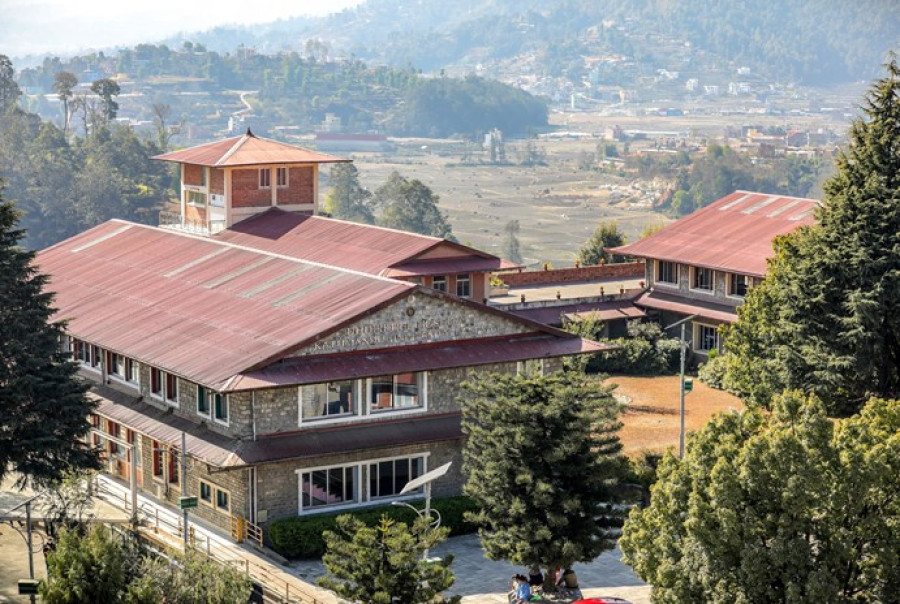Health
Dhulikhel Hospital launches new training to boost staff communication and behaviour
Officials hope improved communication skills will reduce conflicts with patients and their visitors.
Arjun Poudel
At the Dhulikhel Hospital in Kavrepalanchok, the suggestion box is overflowing with complaints of rude behaviour.
People are unhappy not only with doctors, nurses and paramedics serving at the hospital, but also with security guards, administrative staff and those manning the hospital’s ticket counter.
“Sometimes, the behaviour of health workers and other staffers towards patients and their visitors escalates and leads to conflicts,” said Dr Biraj Karmacharya, administrative head of the Hospital. “The issue is not just the complaints made by the patients and their visitors, hospital officials have also noticed behavioural problems among health workers and other staffers.”
To address growing complaints from patients and visitors, the hospital administration has decided to impart behavioural and communication skills training to its entire staffers, including doctors, nurses, paramedics and others.
Officials hope this training will help lessen the growing grievances.
“Proper communication and good behaviour are essential for all hospital staff including doctors,” said Dr Karmacharya. “These skills are also taught in universities and medical courses, but it seems some health workers have not paid much attention to these basics. Patients and their visitors should be treated like a hotel treats its guests.”
Experts say complaints about rude behaviour are not only limited to any particular hospital but are prevalent across almost all hospitals in Nepal. Due to a lack of proper communication and behavioural skills, reports of scuffles between hospitals or doctors and the relatives of deceased patients take place frequently. Sometimes, these situations also take a nasty turn and doctors have been manhandled and hospitals vandalised. These disputes have also escalated into shutdown of the healthcare facilities, protests by health workers, and a halt in services.
“Colleges under the Tribhuvan University’s Institute of Medicine teach communication skills to the students of medicine,” said Dr Jagdish Prasad Agrawal, retired dean of the Institute of Medicine. “Although communication skills are part of the curriculum and a basic requirement for any health professional, it seems that many have not paid much attention to these skills.”
Good communication skills and respectful behaviour are crucial for health workers, regardless of their other profession skills, officials at the Nepal Medical Council, the national regulatory body of medical doctors, said.
They said that health workers can foster a positive environment in hospitals and improve interactions with patients and their relatives.
“People in every profession need good communication skills, and those serving in the medical sector need them the most,” said Dr Bishwa Raj Dawadi, member of the Council. “The Council often receives complaints about doctors’ rude behaviour.”
The council has made professional development training that includes communication skills mandatory for all medical doctors. Failure to attend the course will lead to non-renewal of the medical licence.
As per the council’s rule, medical doctors must undertake this training regularly. The council assesses the effectiveness of the training every five years to ensure that medical doctors are up-to-date in their profession.
Patients have to wait in long queues in state-run health facilities to see a doctor. Visitors of every patient expect immediate care, as they think that the problems of their patients are more serious than others’. Dawadi said that the success of health workers depends not only on the care they provide but also on their communication with patients.
“To lessen risk of getting assaulted or mistreated by patients and their visitors, health workers, including doctors, must be good communicators,” said Dawadi. “Other hospitals should also provide communication and behaviour training to their staff.”




 9.21°C Kathmandu
9.21°C Kathmandu















